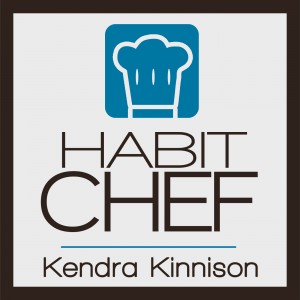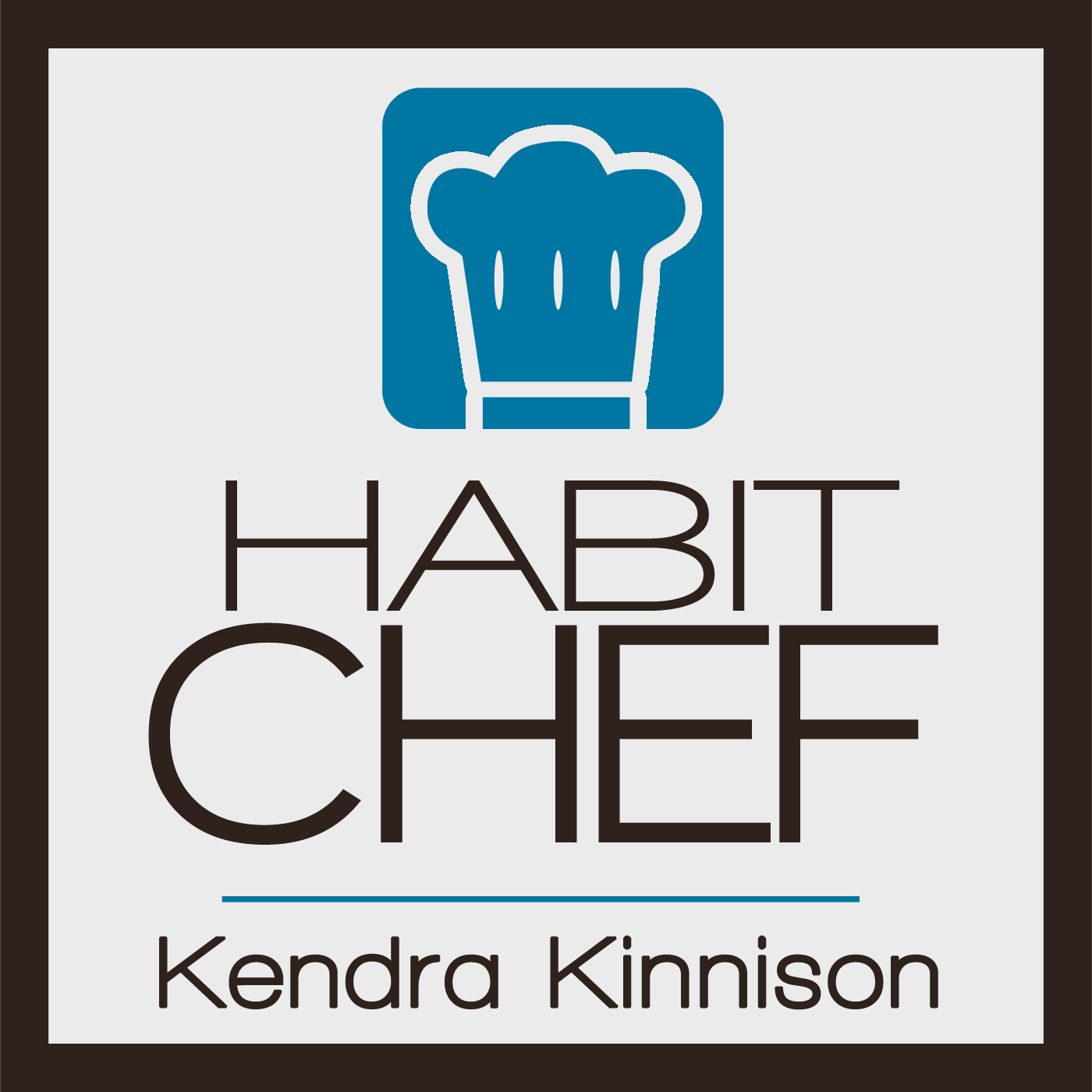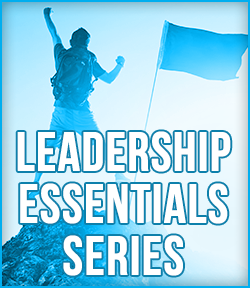 In this episode of The Habit Chef Podcast, you’ll hear why much of what we believe about learning is likely wrong. Special guest Timothy Kenny will explain how this happened and reveal which learning habits are most effective..
In this episode of The Habit Chef Podcast, you’ll hear why much of what we believe about learning is likely wrong. Special guest Timothy Kenny will explain how this happened and reveal which learning habits are most effective..
Click here to play the podcast in a new window.
Listen in, and you’ll learn:
- When our institutional learning habits were developed
- Why they don’t serve us well today
- What the timeless principles of learning are
- How we can easily and simply apply them
- One key learning “hack” that can make a significant impact in one step
Notes from this Episode
1. Our institutional learning habits were developed during the Industrial Revolution and aren’t a good fit for today’s economy. As a result, most of us graduate with bad learning habits.
- We learned to focus on short-term learning (for a test, for example) instead of real, long-term learning (like how to ride a bicycle, for example). We forget half of what we learn in 2 weeks and 90% in 2 months. School teaches Cram – Test – Repeat model.
- We were spoon fed our learning, instead of seeking it out on our own – as is needed now. Motivation is key to learning, remembering and putting into action what you learn. Click here for the excellent TED Talk on Why We Do What We Do.
- We likely weren’t educated in a culture of mentorship and taught how to have a healthy interest in others. Mentors can saves you months or years of going down the wrong path and can connect you to great people who can get you a better job or bring your business to the next level.
2. There are specific, proven methods and techniques for learning and retaining information. The most important principle is the power of spaced repetitions.
- The simplest way to ensure that your learning system includes spaced repetitions is to turn it into a project. For example, you could blog about your learning journey or design a course to teach someone else.
- Another effective way to get started with spaced repetitions is to take notes as you read, listen to a speaker, or meet with a mentor. In your notes, be sure to clearly mark items that you can take action on right away.
3. The most helpful “hack” is to find or draw a visual framework before starting a learning project.
- To get started, search Google Images for your subject and the words “diagram,” “chart,” or “mind map.”
- Study (or even memorize) the framework before you begin in-depth learning to ensure that your new knowledge is grounded in the appropriate context.
Links
Get Timothy’s book: Accelerated Learning for Entrepreneurs. (That’s an affiliate link, meaning I’ll get a few cents for my Impossible Fund if you use it to buy the book. If you’d prefer, here’s a link without the affiliate.)
Connect with Timothy on his website and on Twitter.
Share the best framework you found from your Google Images search in the comments.
Announcements
Are you looking for a steady stream of media that moves you forward instead of holding you back? Do you need a blend of engaged learning and healthy entertainment? Are you ready to drown out the usual drumroll of discontent with uplifting messages of true adventure and service? If this is you, click here to take the quick survey.
Join us for #habitchat on Twitter every Wednesday at Noon CST. (That’s 1pm EST, and 10am PST.) Curious how it works? I explain it all here.
And be sure to Join the Tribe for all the latest updates and resources.
Subscription Options
If you enjoyed this podcast, please subscribe on your favorite platform so you’ll never miss an episode.
Click here to subscribe in iTunes.
You can also add us a Favorite on Stitcher.
Your Feedback
Do you have a suggestion or an idea for a show? Please email me at kk [at] habitchef [dot] com. I’d love to hear from you!
Want an easy way to share this with your friends? Click here to tweet your support.
Also, if you’re enjoying the show, please consider rating it in iTunes and leaving a short written review. Those are incredibly important for helping others discover it when they search.








Trackbacks/Pingbacks